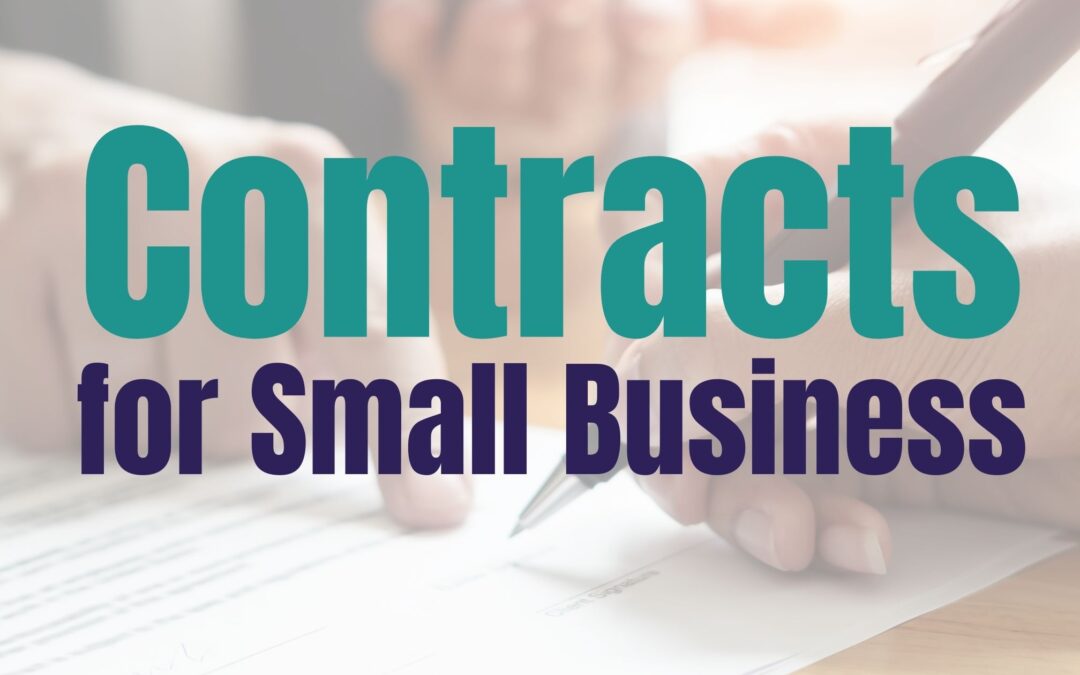Today, let’s chat about something crucial yet often overlooked in the hustle of running a small business – contracts. They might not be the most thrilling part of your business, but understanding contracts is essential to protect your interests and avoid potential legal headaches.
1. What is a Contract?
In its simplest form, a contract is an agreement between two or more parties. It’s a promise to do something (like provide a service or deliver goods) in exchange for a benefit (usually payment). Contracts can be written, verbal, or even implied, but it’s always best to have written agreements to avoid misunderstandings.
2. Key Elements of a Contract
A valid contract typically includes an offer, acceptance, consideration (this is the exchange of something of value), intention to create legal relations, and certainty of terms. Miss any of these, and you might not have a legally enforceable contract.
3. Types of Contracts You Might Encounter
- Service Agreements: If you provide services, this is your bread and butter. It outlines what you’ll do, how you’ll do it, and what you’ll get in return.
- Supplier Agreements: Covers the terms for a supplier providing goods to your business.
- Employment Contracts: Essential when hiring staff, detailing their rights, responsibilities, and terms of employment.
4. Reading the Fine Print
Always read contracts thoroughly before signing. Look out for termination clauses, dispute resolution methods, and any liabilities or warranties. If there’s something you don’t understand, don’t hesitate to ask for clarification or seek legal advice.
5. Negotiating Contracts
Remember, contracts are not set in stone. If there are terms you’re not happy with, negotiate. It’s all part of doing business, and it’s better to iron out any issues before you sign.
6. Keep Records
Store copies of all contracts and related documents safely. Good record-keeping can save you a lot of trouble if disputes arise.
7. When Things Go South
If a dispute arises, refer back to your contract. It’s your roadmap for resolution. If you can’t resolve the issue, legal advice might be necessary. But prevention is always better than cure, so make sure your contracts are clear and fair from the start.
8. Stay Informed
Laws and regulations change, so it’s important to stay informed. This ensures your contracts remain compliant and effective.
Need Help with Contracts?
At Accounts Direct, we understand that legal jargon can be daunting. That’s why we’re here to help with more than just your accounts. Whether it’s understanding a tricky contract or general business advice, our friendly team at AD Legal is ready to assist. Drop us a line, and let’s make sure your contracts are as solid as your business.

